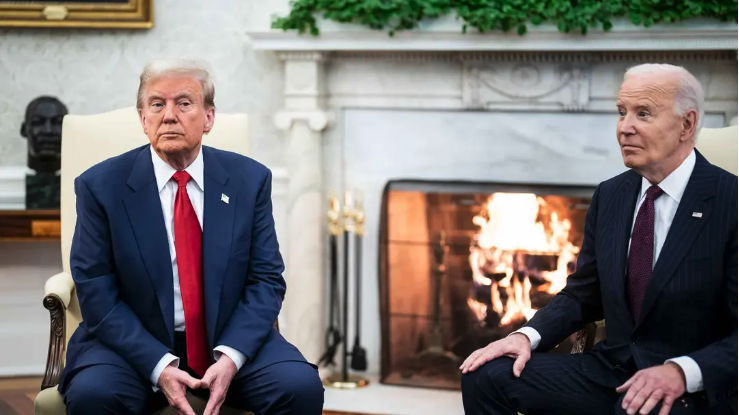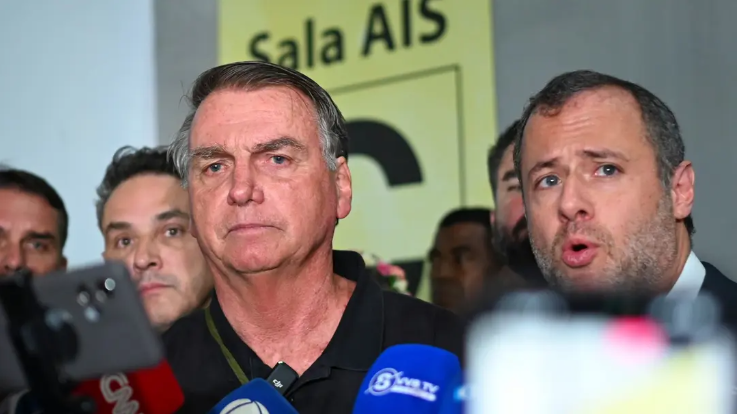Portuguese PM Resigns Over Corruption Probe
Portuguese Prime Minister António Costa stepped down from his post on Tuesday, amid an inquiry into alleged corruption and influence peddling involving green hydrogen and lithium exploration deals....

Facts
- Portuguese Prime Minister António Costa stepped down from his post on Tuesday, amid an inquiry into alleged corruption and influence peddling involving green hydrogen and lithium exploration deals.1
- Though he denied any wrongdoing, Costa stated that he had resigned because the gravity of the charges were 'incompatible with the dignity of the office.'2
- The socialist leader's resignation comes after his official residence was searched and his chief of staff Vítor Escária was reportedly detained, along with his friend Diogo Lacerda Machado.3
- Costa had been leading a minority government backed by far-left parties since 2015. Theoretically, his Socialist Party — which has an absolute majority in parliament — could form a new government under a different leader following his resignation.4
- However, Portugal's Pres. Marcelo Rebelo de Sousa is expected to dissolve parliament and call a snap election after a Council of State meeting scheduled for Thursday.5
- The resignation has left the country in political limbo, putting its expat tax reform and plans to privatize the national carrier TAP on hold. Uncertainty also extends to next year's budget, which lawmakers haven't yet approved.6
Sources: 1BBC News, 2Politico, 3The Guardian, 4Economist, 5Bloomberg and 6FT.
Narratives
- Left narrative, as provided by El País English. As Costa was thought to be leaving the premiership only for a position in Brussels, where he had built a good reputation for dialogue and financial discipline, this investigation and his subsequent resignation are certainly shocking. In a decade marked by the rise of neoliberalism in Europe, he served as a leading light for socialists around the world.
- Right narrative, as provided by European Conservative. This isn't the first instance of corruption staining Prime Minister António Costa's leadership but, ideally, it will mark the conclusion of such scandals in Portugal. Ever since his Socialist Party won an absolute majority in parliament 16 months ago, several embarrassments — some related to corruption — have forced two ministers and 11 secretaries of state to resign.






